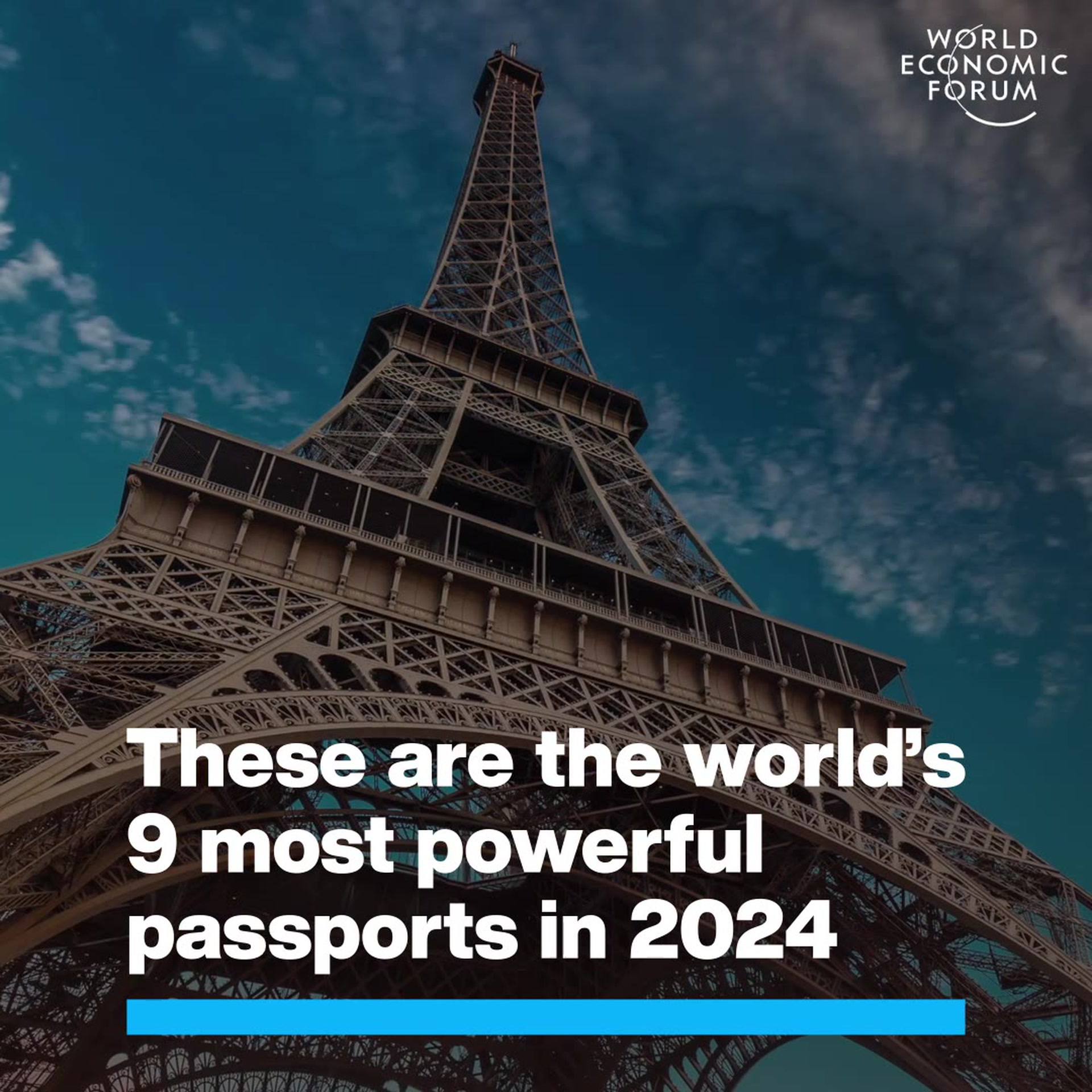Here are 5 ways beaches will be different this summer

A new side to the seaside? Image: REUTERS/Andrew Couldridge

Get involved with our crowdsourced digital platform to deliver impact at scale
Stay up to date:
Travel and Tourism
- Beaches will look different this summer as lockdowns end: prepare to sunbathe behind perspex screens or in marked-off safe zones, and to book a spot.
- In Portugal, there’s an app to tell you which beaches are safe to visit, whilst in Los Angeles you must wear a facemask even when sunbathing.
- Police drones will monitor beaches in Florida to enforce social distancing.
Fun in the sun is set to be a little less carefree this summer. As lockdowns lift, beaches are implementing a range of measures to keep people safe.
So from distancing drones to roped-off safe zones, here's how your next trip could look.
1. Sunbathing behind screens
Social distancing screens are moving out of shops and restaurants and onto the beach. The Greek island of Santorini has installed Perspex screens around sun loungers on the popular Perissa beach.

A proposal to build clear plastic “boxes” to isolate sunbathers was rejected by lifeguards at the Italian resort of Rimini. The town of Porto Cesareo in Puglia, meanwhile, has set out its beach sunshades 1.5 metres apart to ensure distancing.
In a variation on the theme, beaches in Benidorm, Spain, and La Grande Motte in the South of France are among many being divided into roped-off segments to help sunbathers keep two metres apart.
2. Beach full? Ask the app
Recent events in the UK and Spain, where police have intervened to reduce the pressure on overcrowded beaches, demonstrate how desperate locked-down citizens are to get to the coast. Some visitors said they had not realised how busy beaches would be until they arrived.
Portugal has devised a tech solution to the problem: an app that uses mobile-phone data and information from beachfront businesses to measure how many people are on a beach. It warns would-be visitors that the beach is full before they set off.

Portugal’s Prime Minister Antonio Costa told Reuters the app was about helping people to behave responsibly and that the police would not be monitoring beach numbers. “Beaches should be places of leisure,” Costa said. “We have to be checking ourselves.”
3. Tanning yourself with a face mask
When it comes to getting an even suntan, few people worry about their faces. You may have to take off your sunglasses but that’s about it. This year, though, compulsory face masks are likely to lead to some interesting tanning challenges.
Los Angeles Mayor Eric Garcetti has issued an order requiring anyone visiting beaches in LA County to wear a face mask at any time they are not in the water.
The Spanish resort of Benidorm is distributing face masks free to all its citizens; tourists and locals alike will be required to wear one while walking on the beach to their allocated sunbathing spot. But once inside their safe space, they can take it off.
4. Advance booking only
To prevent beaches being overwhelmed – as happened at Bournemouth on the south coast of England during a recent heatwave – some are only admitting people who have pre-booked a place on the sand.

At Canet d'en Berenguer on Spain’s Mediterranean coast, and north of Valencia, sunbathers must use a downloadable app to book one of 5,000 daily places on the beach. Each visitor will be given two square metres of sand, marked off with plastic netting.
Over on Spain’s Atlantic coast, the resort of Sanxenxo is allocating places on its beach on a “first come, first served" basis. And in the UK, anyone wanting to visit the beach at West Wittering in Sussex must book one of a restricted number of spaces using a popular car-parking app.
What is the World Economic Forum doing to manage emerging risks from COVID-19?
5. Distancing drones
Keep your distance on Florida’s Daytona Beach or you risk a voice from above telling you to move away from your neighbours. The city authorities are using a spy in the sky to enforce social distancing on the beach and in local parks.

Drones, operated by the local police department, will patrol over the beach monitoring the behaviour of sunbathers. As well as a loudspeaker and a regular camera, they are equipped with a heat sensor to spot anyone who may be infected with COVID-19.
The drones were originally designed for use in disaster relief. The emergency department in Volusia County, which includes Daytona Beach, also hired a light plane to tow a banner over the beach to remind groups of sunseekers to keep ten feet (three metres) apart.
Don't miss any update on this topic
Create a free account and access your personalized content collection with our latest publications and analyses.
License and Republishing
World Economic Forum articles may be republished in accordance with the Creative Commons Attribution-NonCommercial-NoDerivatives 4.0 International Public License, and in accordance with our Terms of Use.
The views expressed in this article are those of the author alone and not the World Economic Forum.
Related topics:
The Agenda Weekly
A weekly update of the most important issues driving the global agenda
You can unsubscribe at any time using the link in our emails. For more details, review our privacy policy.
More on Travel and TourismSee all
Naoko Tochibayashi and Naoko Kutty
March 28, 2024
Abeer Al Akel and Maimunah Mohd Sharif
February 15, 2024
Priya Singh
February 8, 2024
Thea de Gallier
January 31, 2024







